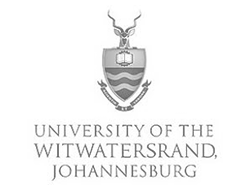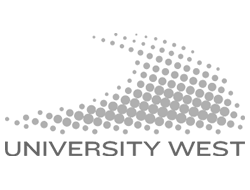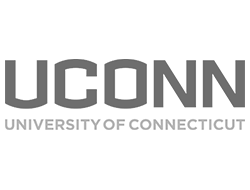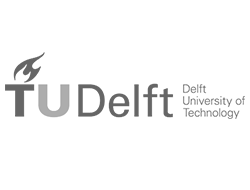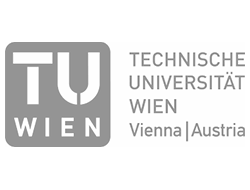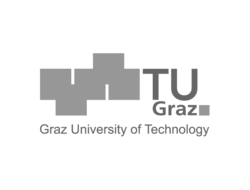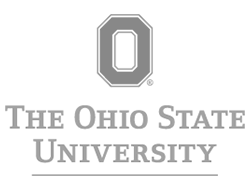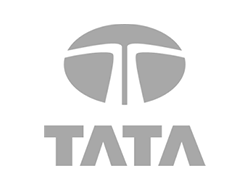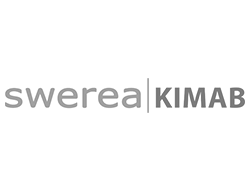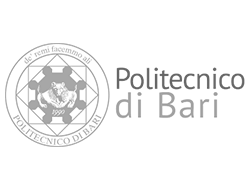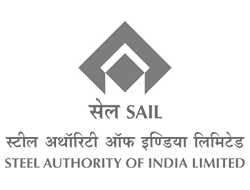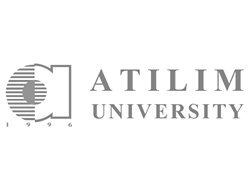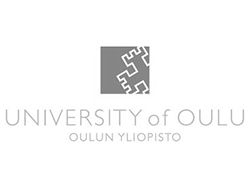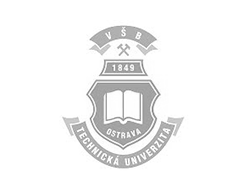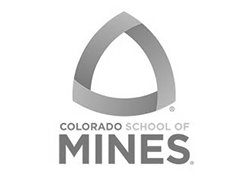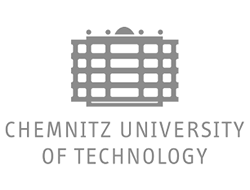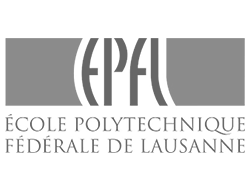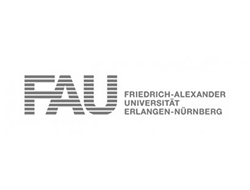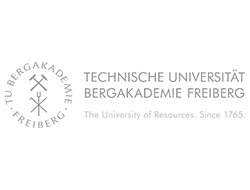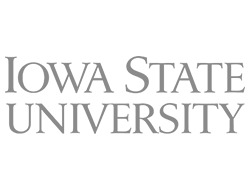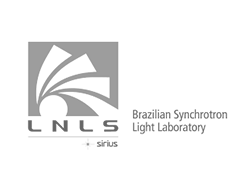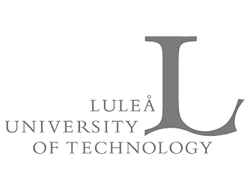A New Gleeble 3500 System Expands Capabilities at the Pratt & Whitney Additive Manufacturing Center at the University of Connecticut

Storrs, CT: The Additive Manufacturing Center was established at the University of Connecticut (UConn) in April 2013 in partnership with Pratt & Whitney, to advance additive manufacturing research and development. The facility recently expanded their capabilities by adding a Gleeble 3500 system, equipped with the advanced Hydrawedge unit which combines high-temperature capabilities with high-speed deformation.
Gleeble systems, produced by Dynamic Systems Inc. (DSI) are material testing and simulation systems used to characterize new materials and optimize manufacturing processes. Data and insight garnered from the Gleeble can be successfully transferred to plant production lines, reducing the cost, risk and time associated with developing new processes or materials.
Of particular interest to the researchers at UConn is the Gleeble’s ability to simulate the additive manufacturing process as well as generate material performance data to better inform computer modeling simulations. This close association of physical simulation and computer modeling is critical for the refinement of metallic 3D-printing processes, alloy development and post-build material characterization.
Gleeble’s capabilities provide industrial partners with a powerful competitive advantage – resulting in improved product quality, cost-savings and accelerated development times which ultimately lead to greater profits. UConn is well positioned to provide these competitive advantages to a growing list of industrial partners.
Dr. Rainer Hebert, Director of the Pratt & Whitney Additive Manufacturing Center, described the value the Gleeble will bring to his team’s research, “We have been looking forward to the unique Gleeble capabilities for a long time. Our new Gleeble will support R&D projects in materials development and manufacturing simulations. The role of manufacturing simulations continues to increase in many industries. However, without high quality materials data, even advanced simulation models cannot accurately predict manufacturing processes. High quality materials data needs to capture the conditions found in manufacturing processes that are often highly transient in nature.”
The Gleeble’s very fast heating and cooling rates (up to 10,000°C/sec) as well as high strain rates, combined with independent control of strain and strain rates are ideally suited to simulate manufacturing processes, in particular the stress-strain behavior of materials. The data obtained from these transient property measurements can then be used to generate constitutive models that drive computer simulations.
 Gleeble systems can achieve very high heating and cooling rates, a hallmark of most additive manufacturing processes, but can also probe minute dimension changes under zero load conditions that are caused by phase transformations. These dilatometry measurements will be used for research on new alloys to be used in additive manufacturing.
Gleeble systems can achieve very high heating and cooling rates, a hallmark of most additive manufacturing processes, but can also probe minute dimension changes under zero load conditions that are caused by phase transformations. These dilatometry measurements will be used for research on new alloys to be used in additive manufacturing.
Gleeble’s long history of supporting welding applications, along with the similarities between additive manufacturing and welding, promises several additional applications for additive manufacturing research. For example, liquation cracking or hot tearing are challenges well known in the welding world that limit the use of many alloys, including most of the high-strength aluminum alloys, in additive manufacturing. With the Gleeble, these phenomena can be studied experimentally. UConn researchers will combine the Gleeble physical simulations with thermodynamic calculations and a new arc-melter that will yield experimental alloy samples for the Gleeble. UConn has also purchased the optional High-Temperature Mobile Conversion Unit which allows for sustained testing up to 2,300°C with a peak temperature of 3,000°C.
For those at UConn interested in microstructure analysis after testing with the Gleeble, the Thermo-Fisher Scientific Center for Microstructure and Materials Analysis will be located in the same building and will extend R&D capabilities with a suite of scanning electron microscopes, focused ion-beam milling equipment, electron backscattered diffraction, and transmission electron microscopes, including the newest FEI Titan aberration-corrected microscope.
The nearly-complete Tech Park at UConn provides researchers with a host of impressive metal printing and research equipment. The range of equipment available includes electron beam melting and laser sintering technologies, including an experimental powder bed machine with complete open architecture. UConn’s AMIC is focused on the underlying physics of additive manufacturing with emphasis on rapid solidification, powder spreading, and metal-atmosphere interactions. Experiments as well as ab-initio calculations are used to develop new insight into the additive manufacturing process.
UConn and DSI have a shared objective of advancing research and supporting industrial partners, not just with data but with actionable intelligence. To further this goal, UConn and DSI have created a formal Research Collaboration which will provide UConn with advanced training opportunities, a funded research project, access to new components and features with increased access to DSI R&D teams to collaborate on new projects and offerings.
For more information on the Pratt & Whitney Additive Manufacturing Center at UConn, please visit:
www.amic.uconn.edu




